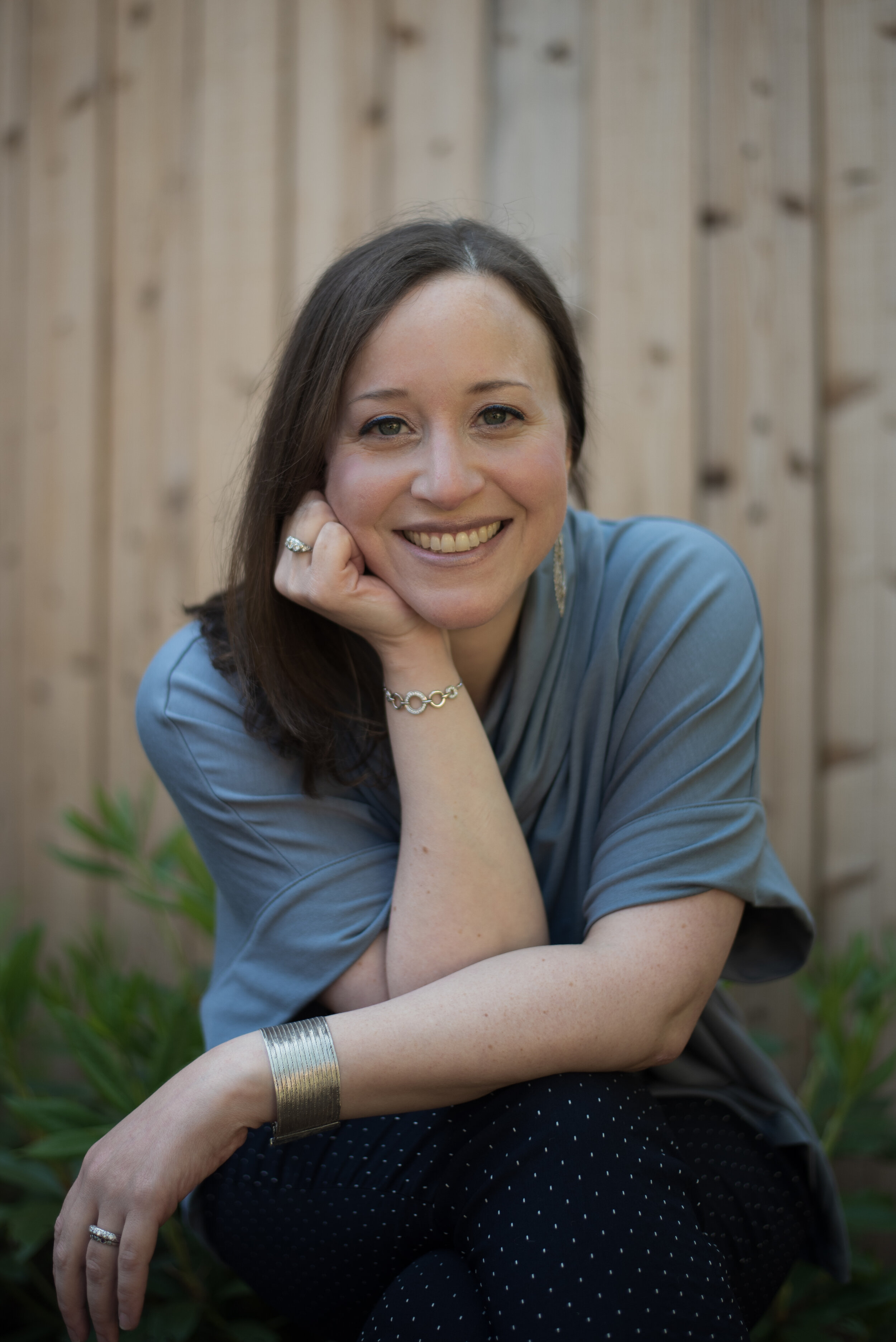
Health system transformation is fraught with complexity. Putting human experience, relationships and motivations at the center brings clarity.
Hi! My name is Ariel Singer and I help health care professionals develop and implement practical strategies for human-centered health system redesign and care delivery.
You don’t have to be a patient-centered care extremist* like me to find value in a human-centered approach.
Turning with curiosity to the patients and people working on the ground will always
produce high-impact insights to shape our priorities and methods.
*I love Don Berwick’s vision for a radical re-orientation of care towards patients instead of systems. Read this wonderful article to learn more.
Some of my clients include:

A bit about my background . . .
I am based in Portland, Oregon and I have been working on health system transformation for the last decade.
My passion for human-centered healthcare grew out of my own experience with chronic illness that began when I was a teenager. This early and intense interaction with the health care system gave me an unwanted understanding of just how unfriendly our health care system is in the United States.
As I learned more about the intersection between health and social inequality, I came to believe that it is not just that we need to improve our health care system, but that system transformation is an imperative for health justice.
As a person living with many kinds of privilege, at times, I have still had trouble accessing care that felt respectful and met my needs. For people experiencing marginalization or structural barriers to access, it can be far too challenging to get the right kind of help.
I have been providing technical assistance and training on community health system transformation for the last ten years, and much of my work in that time has been focused on patient-centered communication and patient-centered care.
In my first health promotion job, I worked as a health coach providing motivational interviewing-based health coaching in a worksite wellness program developed at the Oregon Health and Science University.
Motivational interviewing is an evidence-based counseling method that uses a guiding form of interpersonal dialogue to help individuals and groups resolve ambivalence and move towards change.
My time as a health coach established person-centered partnership, change facilitation, and coaching as essential cornerstones in my interaction style as a professional.
Ten years ago, I shifted the focus of my career from direct health promotion to change facilitation for primary care, behavioral and oral health care organizations working on multi-dimensional system transformation.
For most of that decade, I worked at the Oregon Primary Care Association and provided program leadership on care model redesign through technical assistance and training, coaching, and consultation.
Some of my recent focus areas working with the Oregon community health centers have included trauma-informed practice, value-based payment readiness, bi-directional behavioral health and primary care integration, and leading the development of Empathic Inquiry, a guidance model for patient-centered social needs screening.
My current projects include leading the design and pilot implementation of Rapid Engagement with the Association of Oregon Community Mental Health Programs, serving as the practice facilitator for the launch of universal social health screening in primary care with Kaiser Permanente Washington, working with the Kaiser Permanente National social health program office as the business lead for a web-based training on patient-centered social health communication, and providing Collaborative Screening, motivational interviewing, trauma-informed care and person-centered communication training to primary care associations, hospital associations and health systems around the country.
I have extensive experience in stakeholder engagement with delivery systems, government officials, funders, and community partners, and deep understanding of the salient issues in this era of health system innovation.
I have organized and led many kinds of learning, engagement and collaboration sessions for diverse health professionals, from Medical Assistants and Community Health Workers to clinicians and C-Suite leaders. Getting in the mix with people, hearing their ideas, wrestling with the complex issues we face together, and finding a path towards progress is always a thrill.
I bring deep skills in listening, synthesis and facilitation at both micro and macro levels. On the micro level, I am passionate about transforming the intimate change conversations that happen between patients and helping professionals. In the macro, I guide collaborative efforts to develop innovative strategies linking payment, policy and practice change to drive system-level improvements.
I believe that until we fundamentally re-make the culture of health care to more fully listen to, respect, and share power with patients of all demographics, we will never achieve our goals of improving health.
Empathy in patient-centered care is my North Star as a professional and serves as the foundation for everything I do as a health system change agent.
I am a member of the Motivational Interviewing Network of Trainers, faculty in the Parsons School of Design Human-Centered Healthcare certificate program, a practitioner of Facilitative Leadership, and newly excited about Visual Thinking for enhancing dialogue and Popular Education for dismantling oppression.
My pronouns are she/her and my first name is pronounced R-E-L.



















